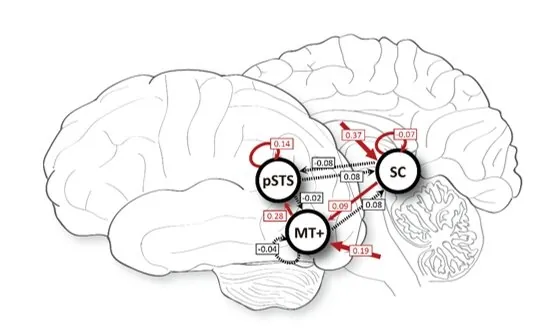
Abelacimab: A Game-Changer in Reducing Bleeding Risks for Atrial Fibrillation Patients on Antiplatelet Therapy
2024-11-19
Author: Siti
Recent findings from the AZALEA-TIMI 71 trial have illuminated the promising potential of abelacimab (Anthos) in significantly reducing bleeding risks for patients with atrial fibrillation (AF) undergoing antiplatelet therapy. The results, presented at the American Heart Association's 2024 Scientific Sessions, show that abelacimab offers a compelling alternative to standard anticoagulants like rivaroxaban.
Atrial fibrillation is the most prevalent type of heart arrhythmia, affecting an estimated 12.2 million people in the United States alone, according to the CDC. This condition dramatically increases the risk of ischemic strokes, which can be devastating, leading to fatalities or long-term incapacitating neurological damage. While anticoagulant medications, such as rivaroxaban, are essential in mitigating these risks, they often come with the trade-off of heightened bleeding risks.
Abelacimab is a novel, fully human monoclonal antibody that acts by selectively inhibiting factor XI, a critical component in the blood coagulation cascade. During the AZALEA-TIMI 71 trial, which included over 1,200 patients with a history of AF or atrial flutter, researchers found that abelacimab led to a staggering 67% reduction in bleeding incidents compared to rivaroxaban (10.6% incidence rate for rivaroxaban versus 3.5% for abelacimab at a 150 mg dosage).
Dr. Christian T. Ruff, a senior investigator in the trial, highlighted that abelacimab targets a specific factor vital for harmful clot formation associated with strokes and heart attacks without interfering with necessary clotting mechanisms for vascular repair. “The advance in our understanding of factor XI inhibition could truly transform treatment protocols for patients at risk of stroke,” said Dr. Ruff.
Interestingly, the sub-study of AZALEA-TIMI 71 also indicated that the bleeding incidents in patients treated with the 150 mg dose of abelacimab remained consistent, irrespective of whether they were receiving antiplatelet therapy (3.5% with APT vs. 3.1% alone). Moreover, the risk of bleeding was notably lower in patients taking abelacimab in conjunction with antiplatelet therapy versus rivaroxaban, affirming its position as a potentially safer alternative.
As traditional anticoagulants often pose elevated bleeding risks, especially when combined with antiplatelet drugs, abelacimab presents a bright future for AF management, particularly for patients requiring comprehensive antithrombotic regimens. With an estimated completion date for further trials set for December 2025, the medical community eagerly awaits additional insights into how abelacimab may reshape standards of care for atrial fibrillation.
As research continues, the implications of these findings could pave the way for safer, more effective treatments in the battle against AF and its associated complications. Abelacimab stands at the forefront of a potential new era in cardiovascular health—offering hope to millions at risk of life-altering strokes.





 Brasil (PT)
Brasil (PT)
 Canada (EN)
Canada (EN)
 Chile (ES)
Chile (ES)
 España (ES)
España (ES)
 France (FR)
France (FR)
 Hong Kong (EN)
Hong Kong (EN)
 Italia (IT)
Italia (IT)
 日本 (JA)
日本 (JA)
 Magyarország (HU)
Magyarország (HU)
 Norge (NO)
Norge (NO)
 Polska (PL)
Polska (PL)
 Schweiz (DE)
Schweiz (DE)
 Singapore (EN)
Singapore (EN)
 Sverige (SV)
Sverige (SV)
 Suomi (FI)
Suomi (FI)
 Türkiye (TR)
Türkiye (TR)